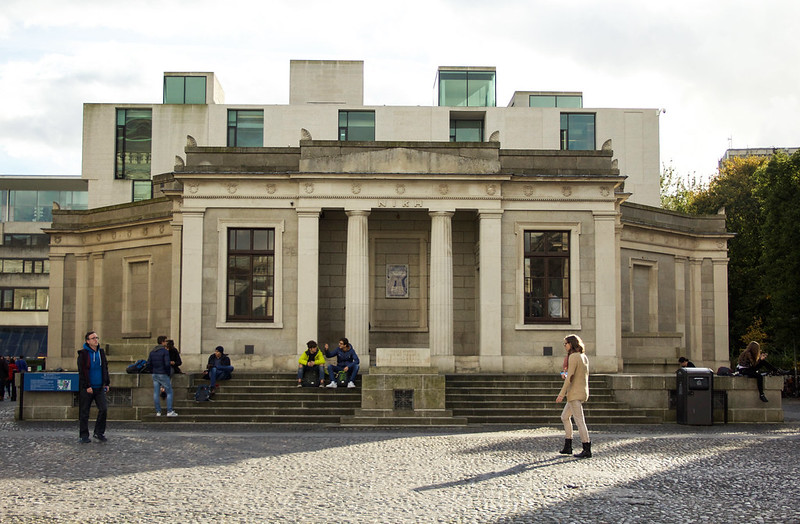Elections in Ireland come around every four or five years. They provide an opportunity for voters to pick the parties and individuals who will best represent the interests of the country and its people. It is a time for our politicians to set out their stall on why they should be entrusted with government.
Ireland, rightly, has a reputation for the quality of our workforce which, in turn, is rooted in the quality of our higher education institutions. But that quality is under real threat because of a funding crisis.
Core funding provided by the State to third-level institutions and universities is now 40 per cent less than it was a decade ago. That decade has also seen an unprecedented growth in the student population, and we know that numbers will increase by at least 36,000 over the next ten years.
This year’s general election is an opportunity for all our political parties to step up and tell us how they are going to protect all our futures by resolving this funding crisis.
For the first time the representative bodies for the public higher education system – institutions and students – have united under a single cause. The Union of Students in Ireland, the Irish Universities Association and the Technological Higher Education Association have come together to make the case for investment in higher education by the next government.
The representative bodies have set out a two-part solution for the next three years until a longer-term funding model is agreed by the political system. Part one involves a commitment from the next government to increase core exchequer funding to third-level by at least €100 million per year over each of the next three years. Part two recommends using at least an additional €200 million per year from the National Training Fund.
The amounts are significant but they are needed to address the funding crisis facing our higher education institutions. Two thirds of the additional spend will come from an existing fund – the National Training Fund – which is a levy on employer revenues and will have a surplus of €1 billion by the end of 2020, likely growing to €1.5 billion by 2022. Instead of earning miniscule interest in a bank account, we want this money invested in our students’ future – an investment that will be paid back many times over.
The campaign involves a range of activities, including meetings with the parties’ education spokespeople and town hall-style meetings in universities and Institutes of Technology around the country. It is a campaign that anyone concerned about higher education can support.
Canvassers will be knocking on your doors, looking for votes. Collectively, the staff and student community at third level is close to 300,000 people, perhaps double or treble that when their immediate families are taken into account. We hope the message they get – from students, from parents and the staff of our higher education institutions is the same – sustained and adequate funding of third level must be a priority for the next government.
The campaign is being run on all the social media channels. The campaign carries simple messages from students who are not yet in higher education and the tagline: Don’t Fail Us. If we do not tackle this funding crisis now, it is future generations of students who will suffer the most.
The scale of this crisis was recognised four years ago in the Cassells Report, which was published after the 2016 general election. No one disagreed with its analysis and no one has seriously questioned it since. As we face into the 2020 general election, we need to send a loud and clear message that a solution is needed now.
Jim Miley is the director general of the Irish Universities Association, Lorna Fitzpatrick is the president of the Union of Students in Ireland and Joseph Ryan is the CEO of the Technological Higher Education Association.







